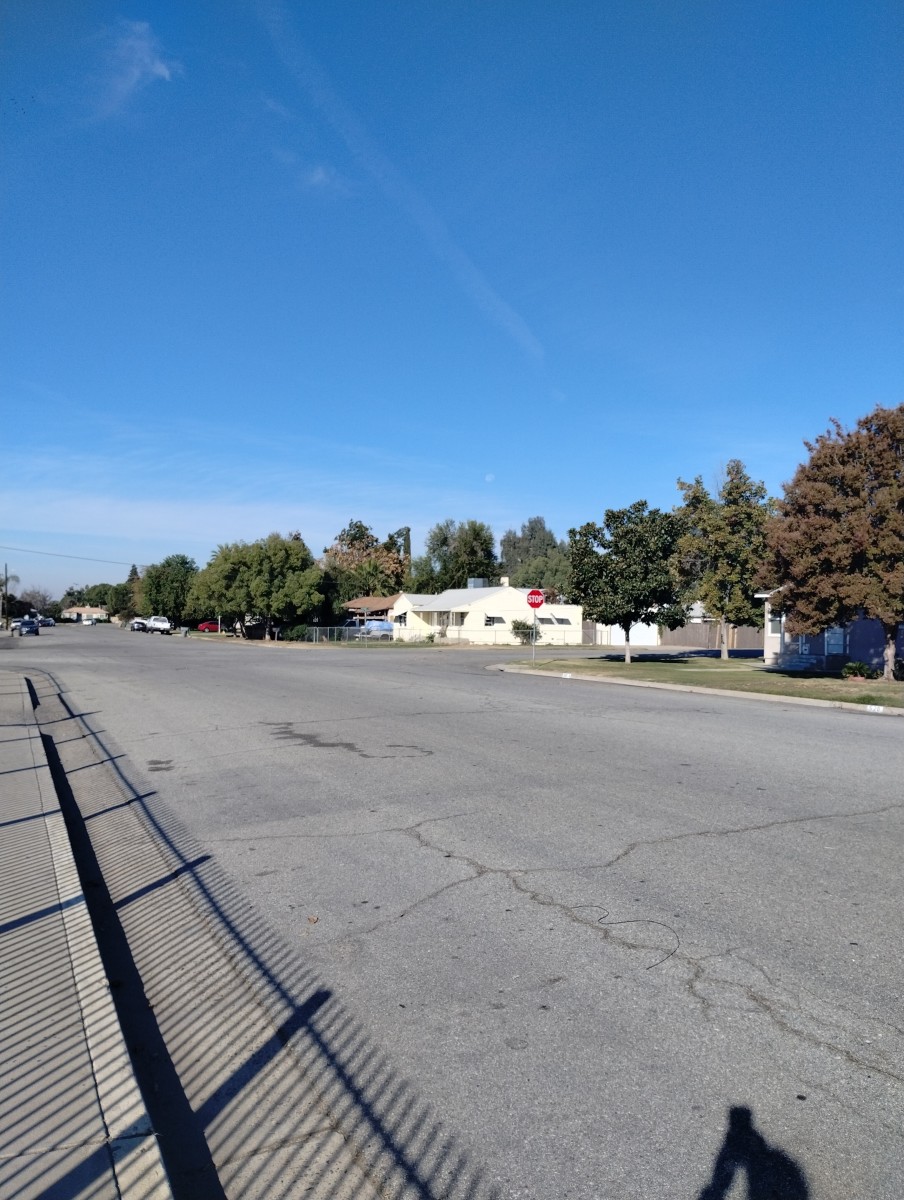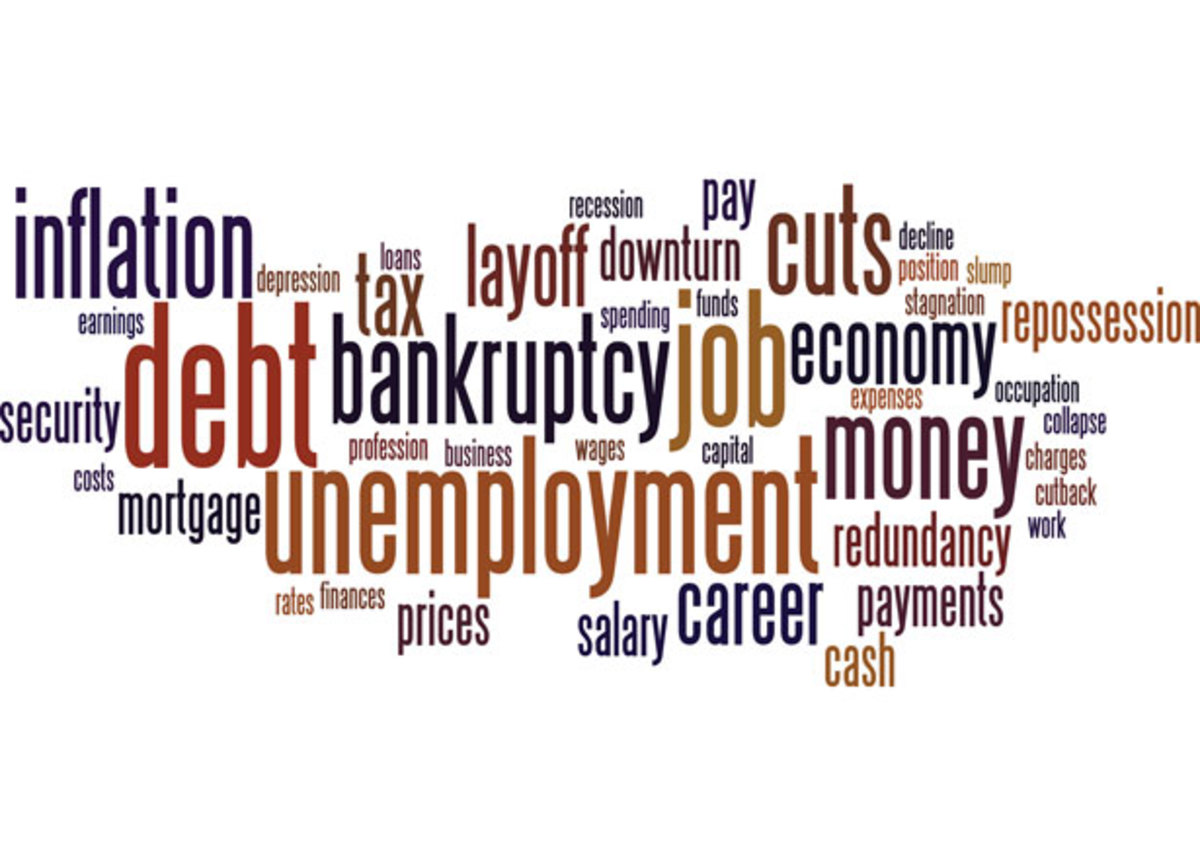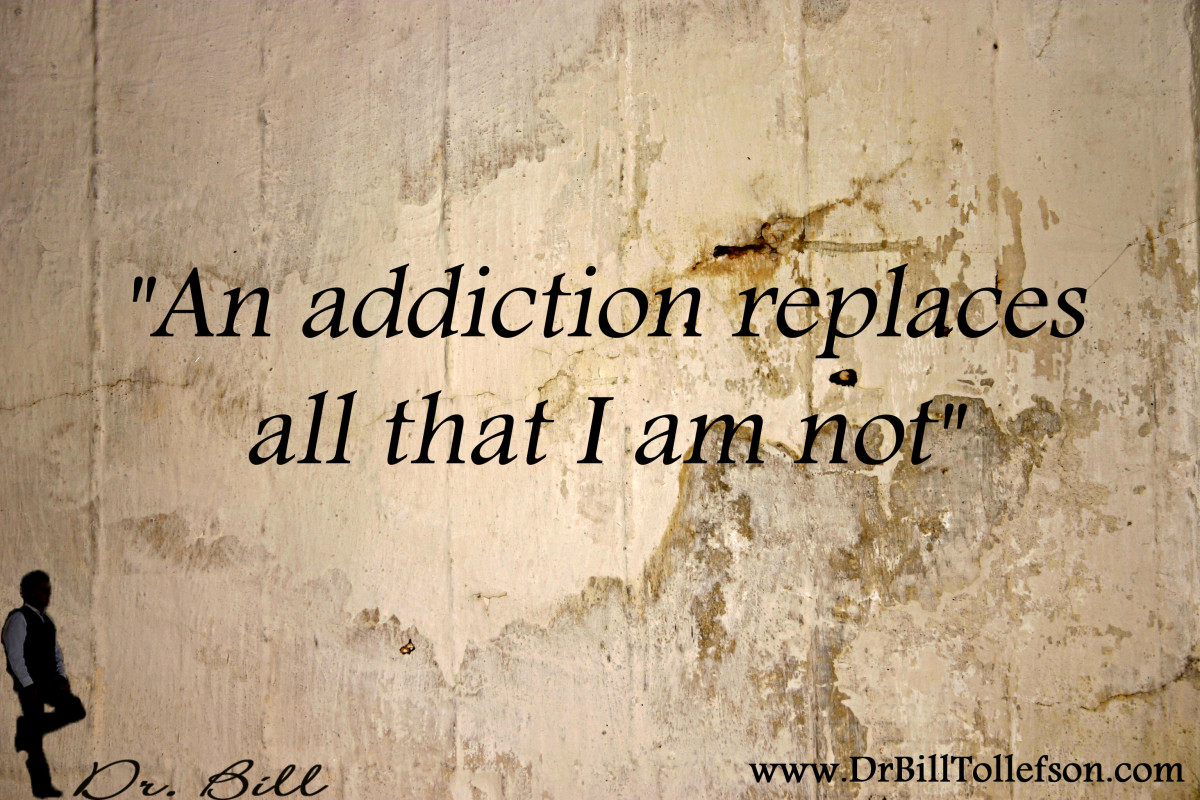Stop Toxic Thinking

Is Toxic Thinking Common?
How often do you catch yourself having negative thoughts on a typical day?
For Women Who Think Too Much
When Debbie’s new boyfriend offered to change her light globes, she felt affronted.
“I can do it myself!” she snapped at him.
It wasn’t until he had stormed out that Debbie wondered why she was so concerned about maintaining her fierce independent front. Thanks to her toxic thinking patterns, all independence got her was another job to do and a peeved boyfriend.
“When toxic thoughts loom large enough in your mind you will find ways to stay rooted in fear rather than moving on with a fulfilling life,” says Dhurva Davis, practising psychotherapist and executive chairperson for the Australian College of Applied Psychology.
“A toxic thought is one that undermines your forward moving direction or perspective on things. They generally come as a result of fear, and work to derail you from your purpose.”
Toxic thoughts are commonly developed from a young age and can become an embedded self-protection tool that outgrows its usefulness in adulthood.
“A child who grew up in a very chaotic and changeable household, for example, may develop a need to be organised and control her world in order to feel safe. This may result in the development of thoughts and perspectives to help her cope when life becomes chaotic or out of control. She may tell herself things like, “If its going to be right, I’ll need do it myself”, which is the child’s way of regaining a sense of control,” says Dhurva. “But this way of thinking is mostly no longer useful for an adult.”
Dr Susan Nolen-Hoeksema, author of Women Who Think too Much (Piatkus) describes toxic thoughts as ‘overthinking’, the process that leads to the ‘toxic triangle’ – depression, binge eating, and binge drinking.
“When you are caught in overthinking, you go over and over your negative thoughts and feelings, examining them, questioning them, kneading them like dough,” says Susan.
“Pondering about life and soul matters can lead to self-improvement, but when that pondering turns into a pounding headache of nagging little thoughts, it’s time to tone it down.”
Time to Detox
“If you keep thinking negatively, you will keep yourself confused, discouraged, vengeful and depressed,” says Leonie Young, CEO of beyondblue: the national depression initiative. “It is important to declare your own mind a battle-free zone, and to develop a zero tolerance for chronic negativity.”
It is possible to escape from overthinking and reclaim your direction. There are three important steps in detoxifying toxic thoughts and becoming the director of your own emotional life.
Break the Grip
The first step is to break the grip of the thoughts with short-term strategies such as taking a break with an active distraction – going for a walk, talking with a trusted counsellor, or meeting friends in a social setting.
Leonie agrees. “Meeting other women for fun and enjoyable activities not only boosts motivation, it provides a social environment for us to communicate, share ideas and problem-solve. Ultimately this leads to an increased sense of belonging, reduced isolation and assists us to deal with whatever life throws at us.”
Susan’s research shows that as little as eight minutes is enough to break the cycle of repetitive thought. She also found that once that pattern was broken and the overthinker was doing something pleasant, it made her mood more positive, enabling her to think clearer and actually solve the problem.
Move to Higher Ground
“Stop waiting around to be rescued,” says Susan. “Gain a new perspective and begin problem-solving, using strategies such as feel your pain and move on.”
Dhurva suggests carving some time for yourself to observe toxic thoughts as they manifest.
“Learn to recognise what your thoughts are doing,” she says. “Don’t rush. Be gentle, and be prepared to address the root of the sabotaging thought rather than reacting to its toxicity.”
Do something small to start with, such as joining the ‘thought police’ and mentally yell “STOP!” when you find yourself overthinking. Visualising a stop sign will help reinforce the signal to your subconscious to give it a rest.
If it is an issue that you really do need to pay attention to, make a promise to yourself that you will attend to it later so that you can concentrate on the matter at hand – moving on to higher ground.
Avoid Future Traps
Aim for long-term changes in your life to avoid future bouts of self-sabotage. One way to begin is to develop multiple sources of self-esteem and emotional support.
“Listen for others’ voices – the voices of family, friends, and pop culture that support you in a positive way to feel and act,” suggests Susan.
One thing to be wary of, however, is to avoid well-meaning friends who only emote with you – this could convince you even more that you’re right to be so negative.
“And one more thing,” says Susan. “Stop worrying about so much!”
Three Types of Toxic Thinking
There are three primary types that are most common for us to engage in.
Rant-And-Rave
“Rant-and-Rave is the most familiar type and usually centres around some wrong we believe has been done to us,” says Susan. “Rants-and-Raves tend to take on an air of wounded self-righteousness and focus on designing a retribution that will severely sting our victimisers.”
Thoughts such as, “I can’t believe they would do this to me,” can lead to impulsive choices along the lines of spontaneously resigning from a job, impulsive retribution in the form of hopeless law suits, or rash decision-making that backfires.
Runaway Train
Runaway Train thoughts are those that take on a life of their own. They begin innocently as we ponder a recent event but begin to spiral out of proportion as we entertain possible causes for our feelings about the events.
A thought such as “I’m feeling a bit low,” leads to, “because I have no friends, or maybe it’s because I haven’t lost any weight this month, or maybe it’s because of all those things that happened in my past.”
“I call these Life-of-Their-Own thoughts – they cause us to see problems that don’t really exist, or at least aren’t as big as our thoughts make them out to be,” says Susan. “They can also cause us to make bad decisions about these problems we feel we have. We confront others, we decide to quit our job or school or we cancel social outings, acting out of our bad moods and exaggerated concerns.”
Random Rumbles
When you can’t zero in on only one thing to think about, or focus on one issue in the quagmire of your thoughts, it leads to a feeling of being shut down and isolated.
“Like a frog on a hot stove, Jumbled-Up thoughts occur when we don’t move in a straight line from one problem to another,” says Susan. “All kinds of concerns, many of them unrelated, flood our minds all at the same time.”
People who drink alcohol or take drugs in response to this type of overthinking may be trying to drown out background noise that has been with them since childhood. This leads to a feeling of being immobilised and unable to see a clear path forward.
Are Your Thoughts Toxic?
Does an imperfection prevent you from achieving your goals?
Are you fiercely independent and proud of it?
Can you accept help from others?
Do you often think, “why can’t I get going?”
Do you rehash situations and wish they had gone better?
Are you afraid to let others see your vulnerable side?
Do your criticisms outweigh your compliments?
Is it easier to complain about something than fix it?
Have you had a loss that you haven’t sufficiently grieved?
Have you had a major life change that wasn’t given enough time to adjust?
If you answered ‘often’ or ‘always’ to most, you may be worrying more about things than actually working on them. If you are stuck in a pattern of toxic thinking, turn negative thoughts into positives for a healthier state of being.








